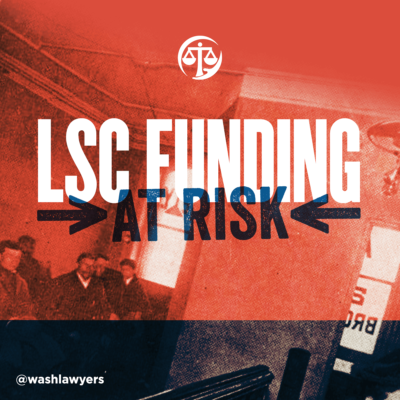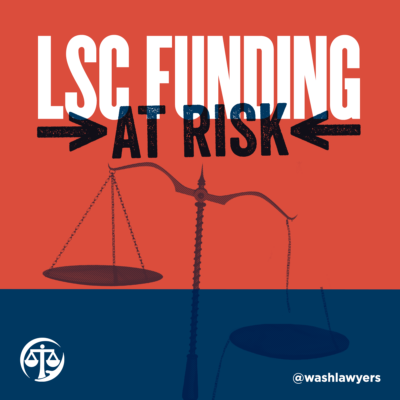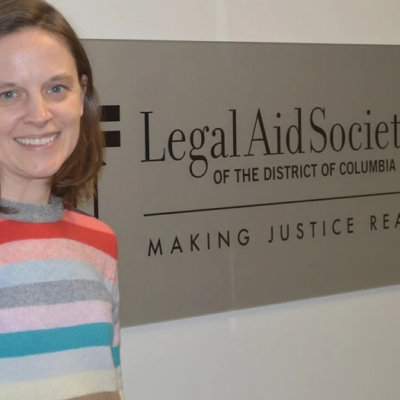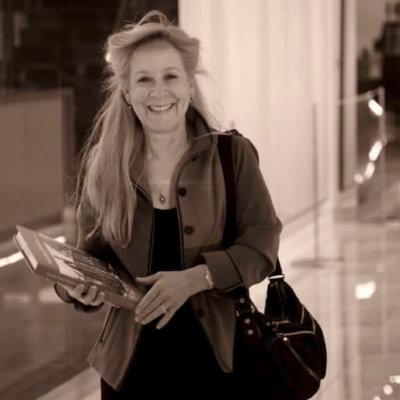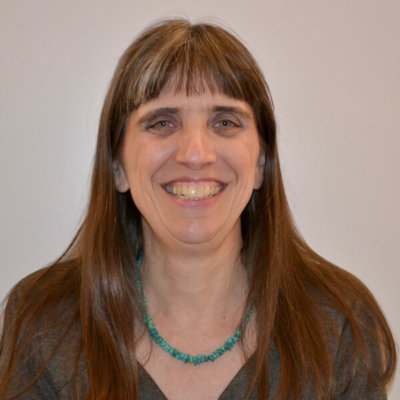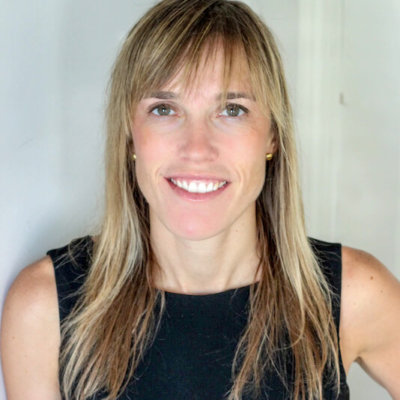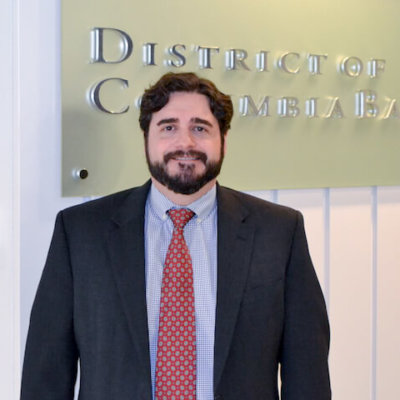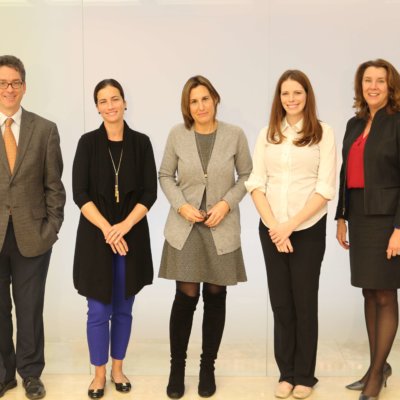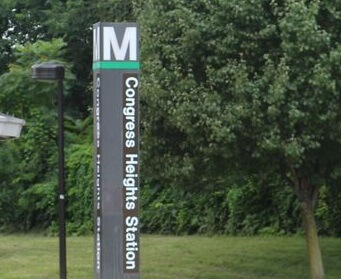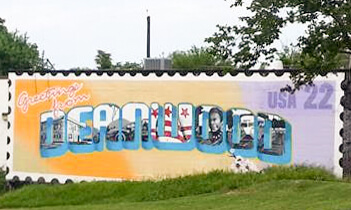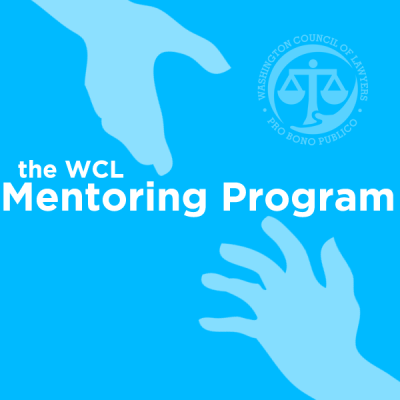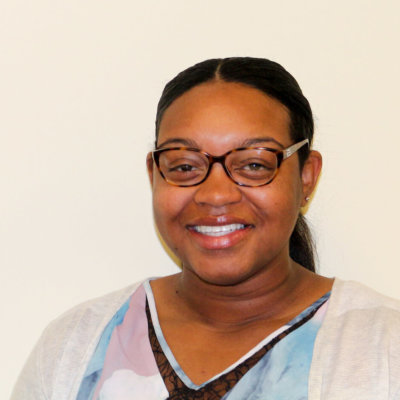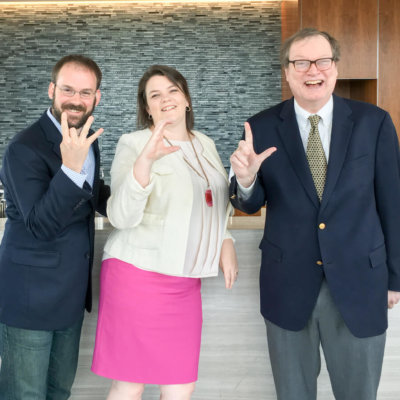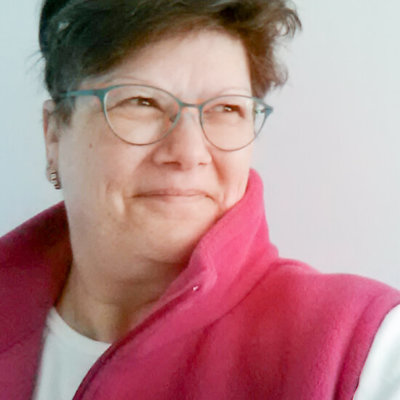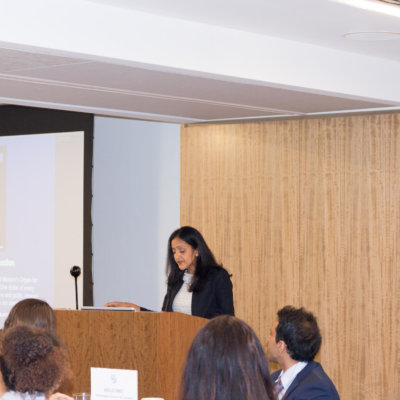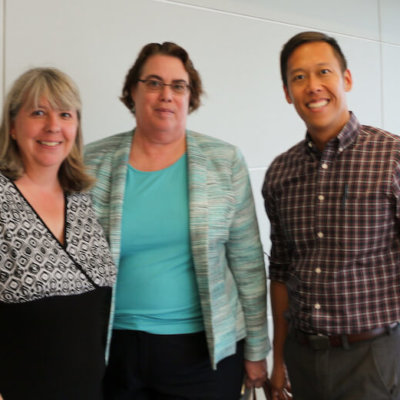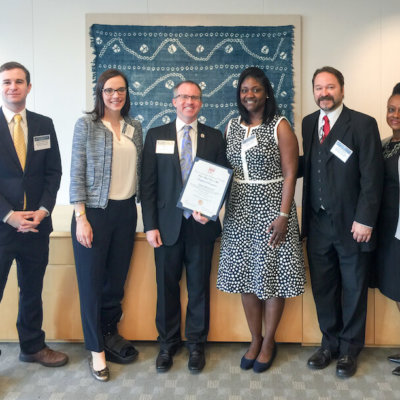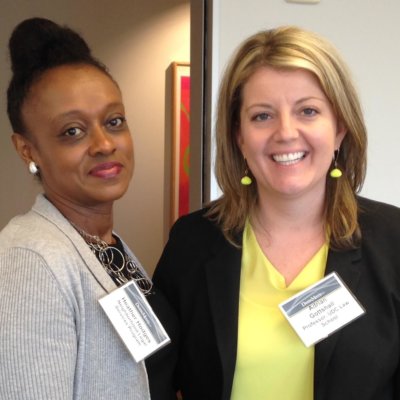By Craig Welkener As DC's affordable housing crisis deepens, Beth Harrison and other advocates have created an innovative program for people on the brink of eviction, pushing the boundaries of what has been possible in legal aid. By identifying at-risk tenants even before their eviction notices arrive, the Housing Right to Counsel Pilot Project is making real help more available than ever before. Although housing laws in the District are complex, the vast majority of individuals facing eviction are too poor to pay for an attorney. Legal services have historically been limited to those with the time to track down a nonprofit lawyer ahead of time, or those who take advantage of last minute, on-the-spot help provided by the Landlord Tenant Court-Based Legal Services Project. That project, which provides housing attorneys on a same-day basis, was funded by the city in 2007. However, that paradigm has begun to change, with the start of the Housing Right to Counsel Pilot Project. Beth Harrison, the director of the project, has worked in the trenches from the beginning. After earning her law degree from Harvard, Harrison arrived at the Legal Aid Society of the District of Columbia in 2005 as an entry-level housing attorney. At that time, Legal Aid's housing law program consisted of only three full-time staff attorneys, one fellow, and two loaned attorneys from law firms. The work received a boost in 2007, when the DC Council appropriated funds to subsidize legal counsel for the poor. Legal Aid's housing work has grown since then to twelve permanent lawyers and three loaned associates. As Harrison explains, these changes have meant that advocates can serve more clients, and "a big piece of that has been the city's choice to appropriate that funding." But vast gaps remain. The DC Bar Pro Bono Center reports that currently 95% of tenants remain unrepresented, while 90% to 95% of landlords pay for an attorney. Systemic problems call for sustainable solutions. And the Housing Right to Counsel Pilot Project—run by Legal Aid, Bread for the City, Legal Counsel for the Elderly, and the DC Bar Pro Bono Center—is futuristic in its design. "We are reviewing all eviction cases as they are filed with the court," Harrison explains. For approximately one out of every seven cases involving subsidized housing, "we send a letter saying we want to represent you." If the tenant accepts the help, a lawyer begins working on their case pro bono—even before the tenant receives an eviction notice. The program began in 2015, and relies on a smorgasbord of local nonprofits and law firm pro bono work to accomplish the mission. By providing help exactly when people can use it the most, the Housing Right to Counsel Pilot Project has the potential to truly change the norm of the unrepresented tenant. Perhaps this is the wave of the future. Ward 5 Councilmember Kenyan McDuffie recently introduced the Expanding Access to Justice Act of 2016, which would increase funding for similar housing projects. Guaranteeing a broad “right to counsel … in civil cases involving fundamental human needs" is McDuffie’s long-term goal. Harrison is certainly inspired. "The legal work that we do here is incredibly challenging and rich. And the interaction with the clients of course is an ongoing benefit. It's an ongoing inspiration to keep doing the work." Craig Welkener is a volunteer with the Washington Council of Lawyers, a Ward 8 resident, and a Georgetown graduate clerking at the U.S. Court of Appeals for the Armed Forces.







